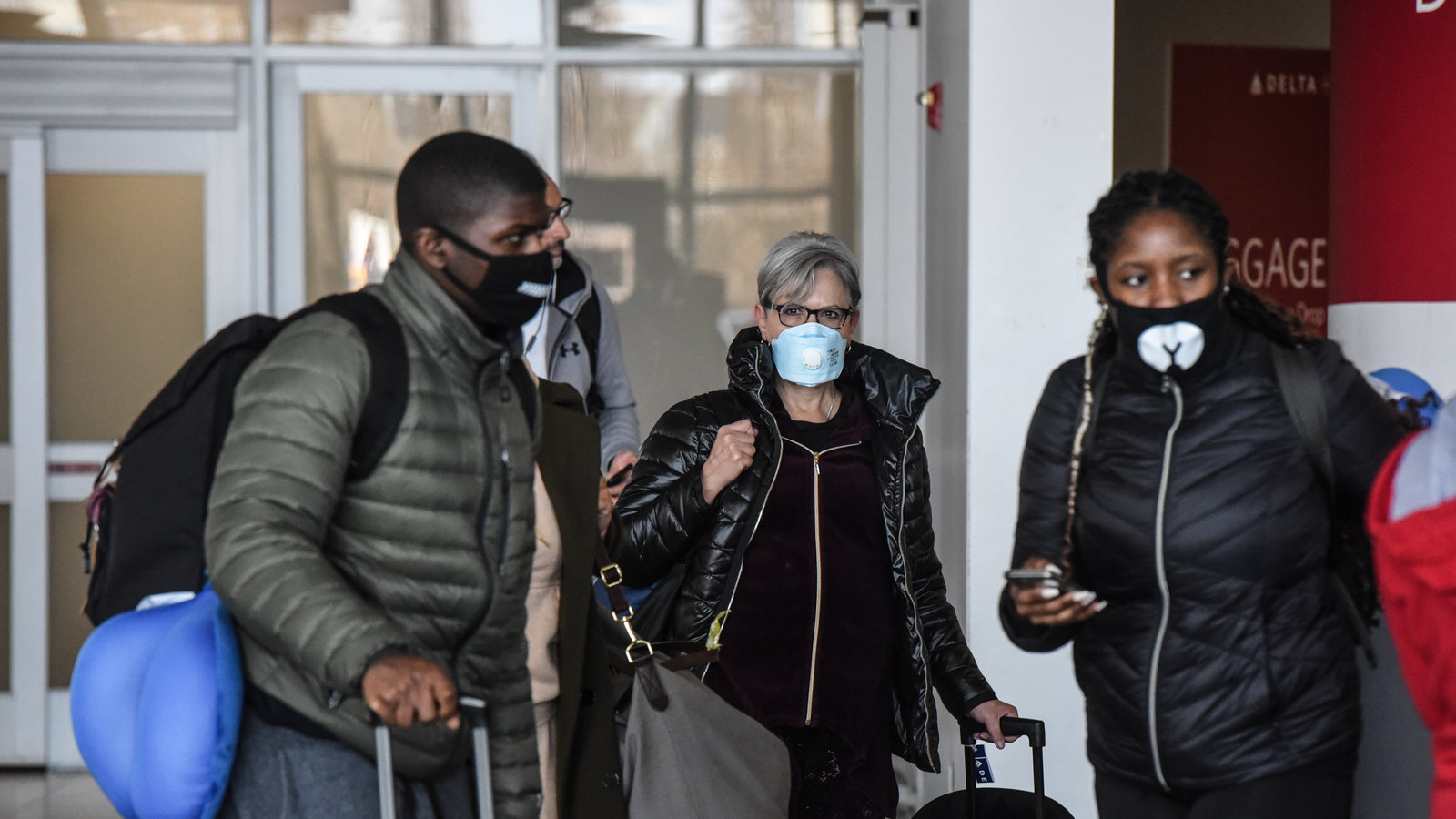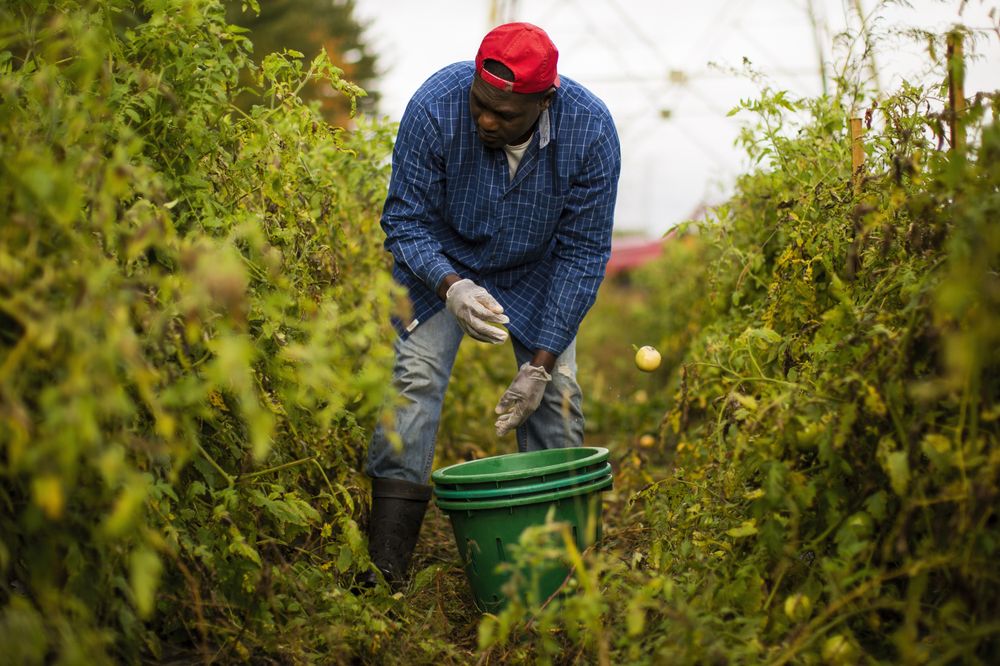By Lamar Johnson
- The coronavirus knows no nationality and plays no racial favorites
- Only 55.4% of black Americans are privately insured
When the COVID-19 virus initially hit China, it was dismissed by the U.S. administration as nothing to worry about. A little over three months later, the outbreak has become a full-blown global pandemic, with 300,000+ confirmed cases globally, according to the World Health Organization. The novel coronavirus unequally affects the most vulnerable, including the young, elderly, pregnant and those with other health conditions. Minorities disproportionately fall into that latter category along with racism, making them more susceptible to the virus, as COVID-19 will potentially overwhelm the healthcare system and undoubtedly hit this demographic the hardest.
Why This Matters: While it’s already known that the economic effects of the pandemic in America will be felt hardest by minorities, as evidenced by the response to the last recession. However, the longstanding racial care disparities in the U.S. healthcare system as well as African-Americans’ general distrust of the medical system, stand to worsen the effects within the community. Lack of widely available tests will also disproportionately affect the black community, as only 55.4% of black Americans are privately insured, compared to 74.8% of white Americans, according to Essence.
The economic effects of the pandemic in America will be felt hardest by minorities
Every outbreak or pandemic comes with its own forms of group blaming and racism, as Steven Taylor told The Hill, and China has become an easy target this time. Nearly every early coronavirus media story depicted an Asian person in a face mask. Not to mention the U.S. president constantly referenced COVID-19 as a “Chinese virus”, furthers painting China as the culprit and encouraging racism. All of this is happening despite the fact the coronavirus knows no nationality and plays no racial favorites. Let’s not forget the immense racism that took place when the Ebola virus spread out of Africa.
Situational Awareness: While one of the top preventative measures to stop the spread of the coronavirus is social distancing, many hourly and low-wage workers will not be able to simply take off work. Currently, 40% of workers in the U.S. don’t have paid sick days, and that percentage skyrockets to 80% when focused on low-wage minority workers. Many people will have to continue to work in the midst of a pandemic, putting themselves and others at risk.
CBx Vibe: “Complicated” Mac Miller








